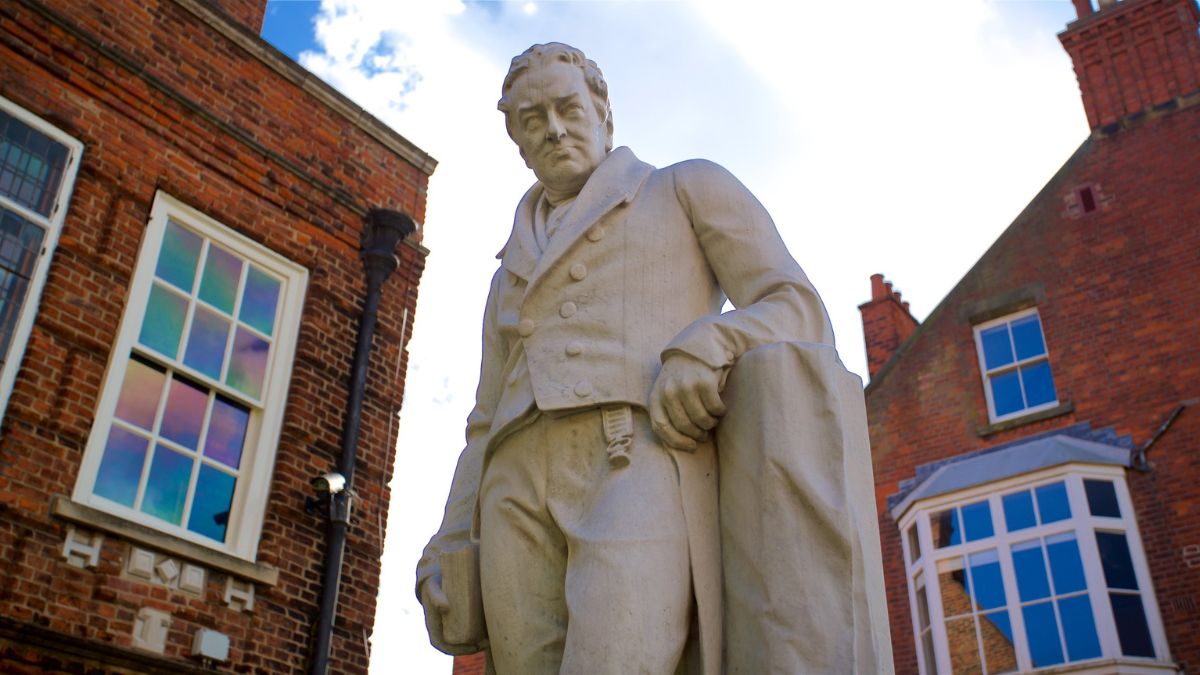

BreakPoint
Digging Up Dirt
Someone has been digging up dirt on a royal family—but it has nothing to do with Windsor castle. Archaeologists digging in the rubble of the Near East have made a remarkable discovery about King David of Old Testament times. What they uncovered was a rock fragment inscribed with an ancient text referring to “the House of David,” a phrase used for the ruling dynasty founded by King David. The rock appears to be a victory monument erected by a Syrian king nearly 3,000 years after a battle described in the Book of First Kings. What makes the finding so significant is that it’s the first reference to King David or his royal family ever found outside the pages of the Bible. And it provides new external evidence for the historical reliability of the Bible. This is by no means the first time archaeology has supported the Bible. Time and time again, critics have flatly stated that some portion of the Bible could not be true. Time and time again, archaeologists chipping away with their hammers have uncovered stunning support for the biblical text. For example: Critics once said that the Pentateuch—the first five books of the Bible—could not have been written by Moses; that the text mentions rituals and sacrifices not developed until much later. But clay tablets have now been discovered that describe many of the same rituals—tablets that date from even before Moses. There’s no longer any reason to doubt that Moses wrote the Pentateuch, just as the Bible claims. Critics used to dismiss as legend the stories about the patriarchs—Abraham, Isaac, and Jacob. But then cuneiform tablets were discovered containing references to several biblical names: names like Abraham and his brothers, Nahor and Haran. Suddenly those passages in Genesis were transferred from the realm of myth into the realm of real history—where the Bible had put them all along. Archaeology has also explained unusual customs from Bible times. Both Abraham’s wife, Sarah, and Jacob’s wife, Rachel, offered servant girls to their husbands to bear children. Modern readers find these passages baffling: How did they come up with something that strikes us as bizarre, even immoral? Archaeology gives the answer. It was a common practice in those times for a barren wife to provide her husband a surrogate. In many ways, the patriarchs were children of their age. Yet only a few centuries later practices like these were completely forgotten. And that makes it impossible for the Genesis account to have been invented later, as critics once claimed. With a record like this, Christians don’t ever need to be intimidated. Some of us are too ready to give in: There are some Christians who say the Bible is not always true in its history, only in its religious message. But there’s no need to retreat to this defensive position. From the late nineteenth century, when archaeology first became a science, to just last year, when archaeologists found an ancient text mentioning the “House of David,” the Bible has been proved reliable on all levels—religious and historical. The God of faith is also the God of history.
03/24/97















